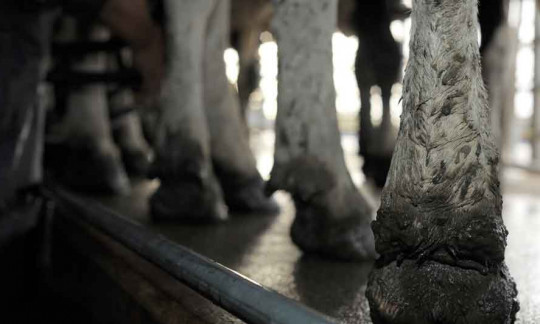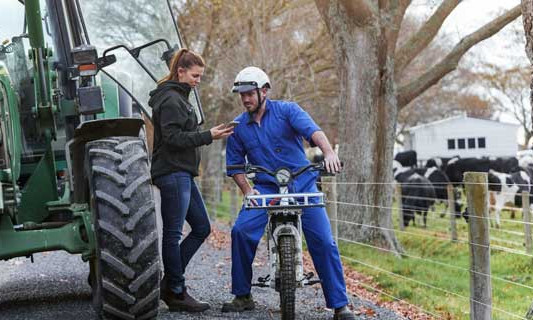How to notify us over the holiday period.
Notifications
If someone has been seriously injured, become seriously ill, or died as a result of work – phone us on 0800 030 040 straight away. We have staff available to respond to these 24/7.
If you’re not sure what a notifiable event is, including your obligation to hold a scene, visit What events need to be notified?
Notifications made through our online form won't be monitored between 12pm on Tuesday 24 December 2024 and 8.30am on Monday 6 January 2025.
If you’re not sure if you need to notify us, use our online notification system and we’ll respond to you after 6 January 2025.
Health and safety concerns
If you have a health and safety concern that isn’t urgent, use our online form and we’ll respond to you after 6 January 2025.
Raise a health or safety concern
General enquiries
General enquiries made by phone or email after 12pm on Tuesday 24 December will be responded to from Monday 6 January 2025. This does not apply to notifications made by phone on 0800 030 040.
We wish you a safe and relaxing holiday.


